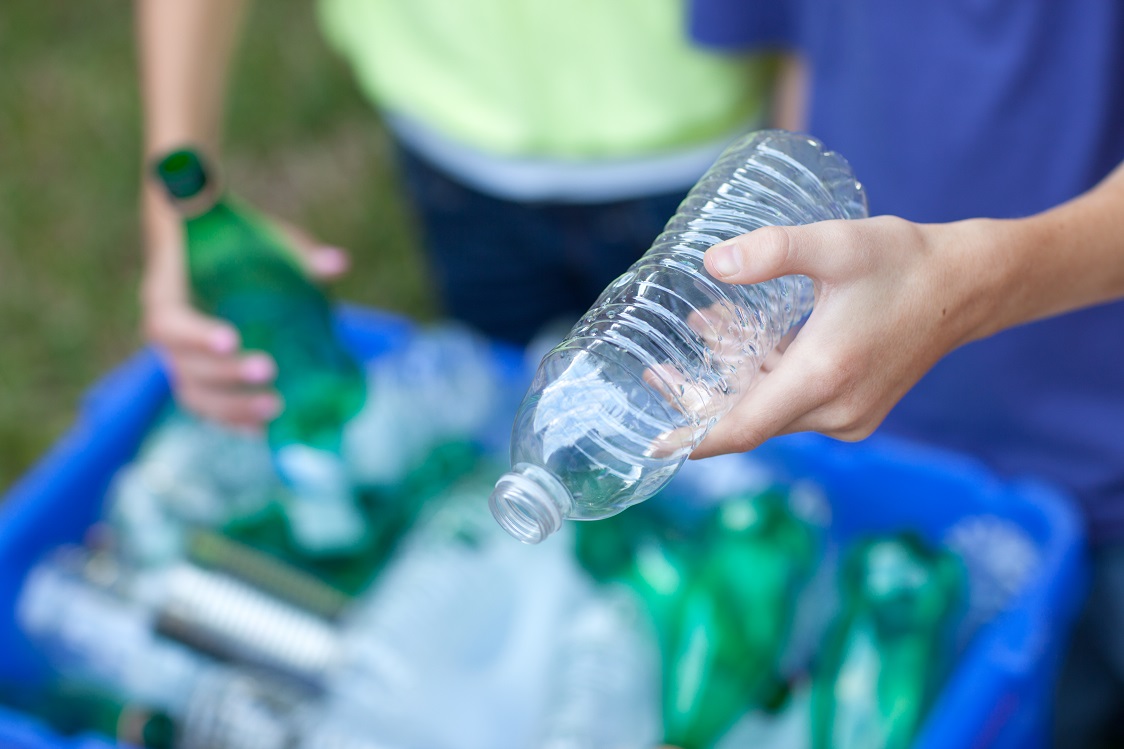Helping apprentices earn green credentials

There’s no denying that climate change has now become a priority for all. The Liverpool City Region is aiming to be zero carbon by 2040, so the spotlight is on everybody to do their bit. And that includes the learning and skills sector.
Transport, air quality, waste, recycling and energy are all target areas that impact the local environment and the planet. Apprenticeship providers can make a positive contribution by implementing eco-friendly policies in their organisations. And by instilling green principles in their apprentices, they can, in turn, take this philosophy into their workplace.
Here are six ways to give your apprentices green credentials
Avoid or Reuse
Single-use plastics (SUPs) take years to decompose. So this means the majority of plastics are non-recyclable. Therefore tackling this is an easy way to boost your green credentials. It’s best to avoid using SUPs all together. However, that can be a tall order! Can you make a start by giving each apprentice a reusable water bottle when they enrol? But obviously, you’ll need to provide easy access to drinking water for the apprentices to fill their bottles up.
If budgets can’t stretch to this, at least make sure there are marked recycling collection points for plastic bottles. If you want to go one step further, you could follow in the footsteps of the schools and colleges that have banned single-use plastics altogether.
Fashion swap
Fast and cheap fashion means more and more textiles are ending up in kerbside recycling bins. People mistakenly think they dispose of no longer wanted clothes in their recycling wheelie bin. But textiles damage sorting equipment further down the recycling line. This is a problem on the rise. As well as educating apprentices about recycling textiles, why not hold a clothes swop event one lunchtime for staff and students? It’s a great social activity which supports the environment. Any leftover items can be given to a charity shop or taken to a textiles donation point.
Greenfingers
Have you got any space for students to grow vegetables or even herbs on a windowsill? Introduce plants into classrooms and office space. Having plants on the premises can play a small but important role, in reducing harmful carbon dioxide. Not only that, but they also make for a healthier working and learning environment. A fundraising initiative in aid of a tree planting body such as The Woodland Trust will instantly reduce your apprentices’ carbon footprint.
Turn It Down
Down – or off – is the modern-day mantra for everything electrically powered. If you haven’t got sensor activated lighting in classrooms, loos and other spaces then make sure you do everything to get apprentices to flick the switch. Clear signage and reminders at the end of every session will help, as well as being a good move to bring down bills. All electrically powered items release carbon into the atmosphere. Computers are a big culprit. It is estimated that globally they emit nearly as much carbon as aviation. Remembering to turn machines off, and not leaving things on standby unnecessarily, is a really good habit to get your apprentices to adopt in the classroom and the workplace.
Walk This Way
Walking isn’t just a good choice for the environment; it also has benefits for physical and mental health. We know many students live too far away to walk to their place of work or training. Mitigate this by highlighting the LCR-wide scheme that gives many apprentices half-price bus travel on the region’s fleet that is 70% low emission vehicles. There is a bonus here because they can save up to £420 a year on travel. Likewise, apprentices can also take advantage of the bike to work loan scheme, spreading the cost of purchasing a cycle.
Embedding environmental issues into learning
Living a sustainable life takes some effort and understanding. Embedding some of the issues into learning is an especially good move. Can you give your apprentices assignments with an environmental focus? For example, to come up with new ‘green’ ideas for their employer that can save money too? Talk to your apprentices about food waste too. The cost of wasted food is astronomical and the related carbon emissions substantial. Maths assignments could examine food waste statistics which most people find shocking – a simple tactic to elicit behaviour change! For instance, 1.6 million bananas are thrown away every day!
Meeting day-to-day requirements without compromising the ability of future generations to meet their own needs remains the responsibility of us all. Most people appreciate the environmental aspects, which are just one element. Sustainability extends to populations, people and health.
Find out more about the United Nations Sustainable Development Goals that aim to achieve a better and more sustainable future for all.